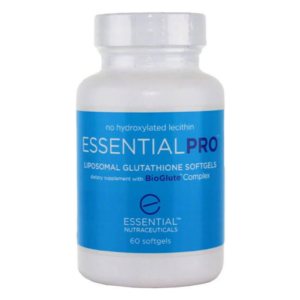Strategies for Maintaining Brain Health
Regular check-ups with healthcare providers can help monitor brain health and identify potential issues early. Discuss any concerns about memory or cognitive function with your doctor. They can provide guidance, conduct assessments, and recommend appropriate interventions. The follow lifestyle changes positively impact your brain health as well:
– Healthy Diet: Eating a balanced diet rich in fruits, vegetables, whole grains, lean proteins, and healthy fats can support brain health. Foods high in antioxidants, vitamins, and omega-3 fatty acids are particularly beneficial.
– Regular Exercise: Physical activity increases blood flow to the brain and promotes the growth of new neural connections. Aim for at least 150 minutes of moderate-intensity aerobic exercise per week, combined with strength training exercises.
– Mental Stimulation: Engage in activities that challenge the brain, such as puzzles, reading, learning a new language, or playing musical instruments. These activities can help build cognitive reserve and delay the onset of cognitive decline.
– Social Engagement: Maintaining strong social connections and engaging in social activities can reduce the risk of cognitive decline. Stay connected with family and friends, join clubs or groups, and participate in community activities.
– Quality Sleep: Adequate sleep is crucial for brain health. It helps consolidate memories, clear toxins from the brain, and regulate mood. Aim for 7-9 hours of sleep per night and practice good sleep hygiene.
– Stress Management: Chronic stress can negatively impact brain health. Practice stress-reducing techniques such as mindfulness, meditation, yoga, and deep breathing exercises.
– Avoid Harmful Habits: Limit alcohol consumption, avoid smoking, and be cautious with medications that can affect cognitive function.
By adopting a healthy lifestyle, staying mentally and socially active, and seeking regular medical advice, we can support our brain’s health and continue to thrive as we age. Remember, it’s never too early or too late to start taking care of your brain.







